Is cider stronger than beer? This question has been asked by many people, from the casual drinker to the connoisseur.
The answer to this question depends on various factors, including the specific cider and beer being compared, alcohol content, fermentation process, and personal taste preferences.
In this blog post, we will explore the differences between cider and beer and discuss the factors that contribute to their strength. By the end of this post, you’ll have a better understanding of whether cider is stronger than beer and which beverage may be more suitable for your taste buds.
Where does alcohol come from in beer and cider?
Comparing the sugar content of apples to the starch content in grains is relevant when discussing alcohol production in beer and cider.
Both sugars and starches play essential roles in the fermentation process, which converts these carbohydrates into alcohol. Here’s a breakdown of the sugar content in apples and starch content in grains:
Sugar content in apples:
Apples are naturally sweet fruits and contain varying amounts of sugars, mainly fructose and glucose. The sugar content of apples can vary depending on the variety, ripeness, and growing conditions. On average, a medium-sized apple (about 182 grams) contains around 19 grams of sugar.
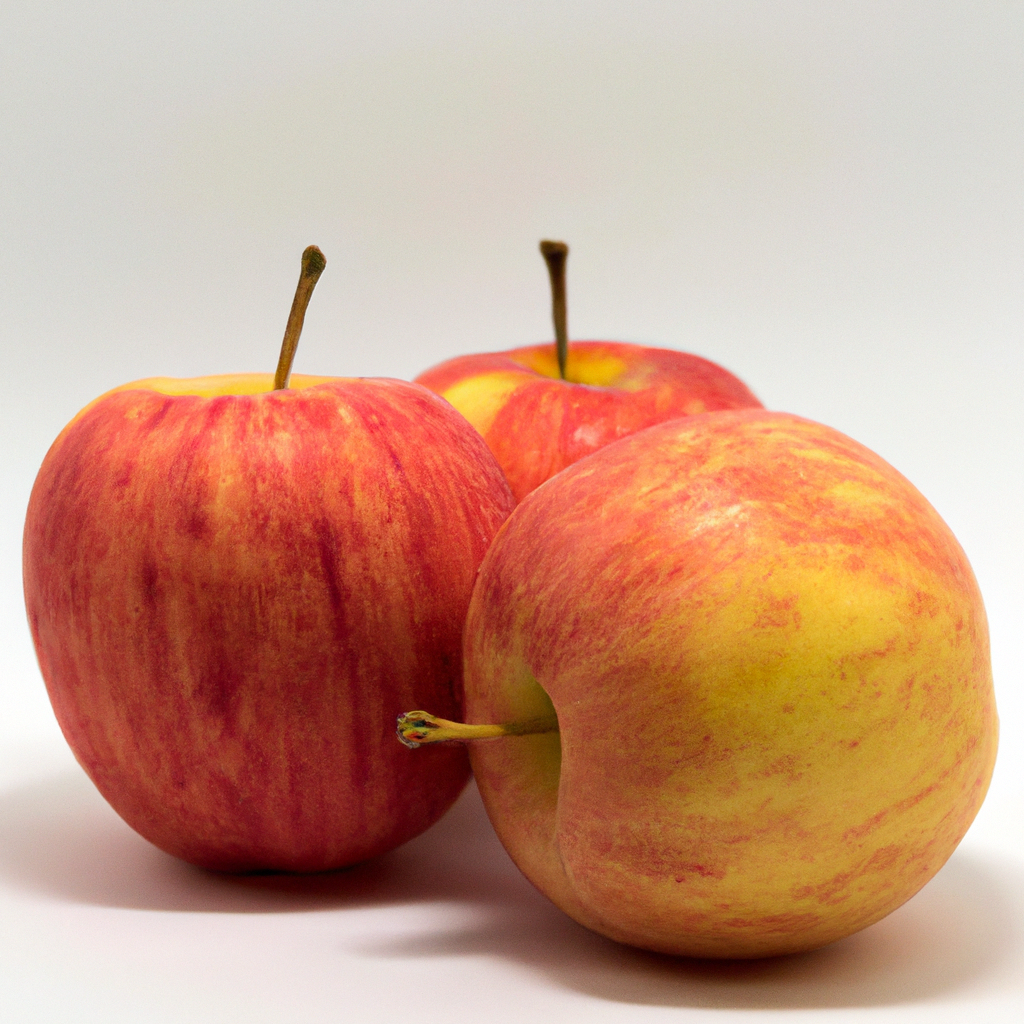
Starch content in grains:
Grains, such as barley, wheat, and corn, are staple ingredients in beer production. Starch is the primary carbohydrate found in grains.
Before fermentation can occur, the starches in the grains must be converted into fermentable sugars through a process called mashing.
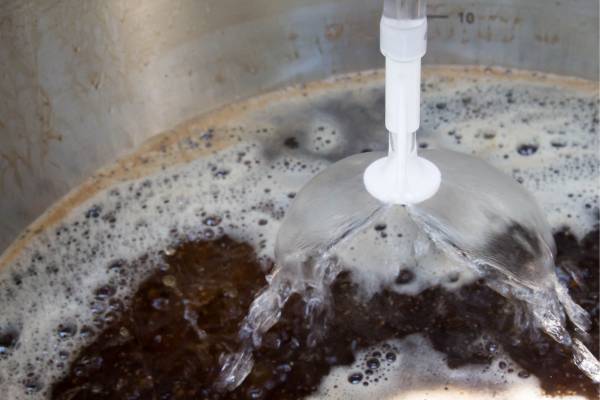
Sugar is released and washed off of the mashed grains.
During mashing, the grains are soaked in hot water, which activates enzymes that break down the starches into fermentable sugars like maltose.
To summarize:
- Apples contain around 19 grams of sugar per medium-sized apple.
- Grains contain starch as their primary carbohydrate, which is converted into fermentable sugars during the mashing process in beer production.
Comparing beer and cider production:
Beer: In beer production, the starches in grains are converted into fermentable sugars during mashing. The resulting sugary liquid, known as wort, is then boiled and fermented with yeast to produce beer.
Cider: Cider is made from the natural sugars present in apples. When apples are pressed, the juice extracted contains sugars, which are directly fermented by yeast to produce cider.
In both cases, yeast plays a crucial role in converting sugars (from either grains or apples) into alcohol during the fermentation process.
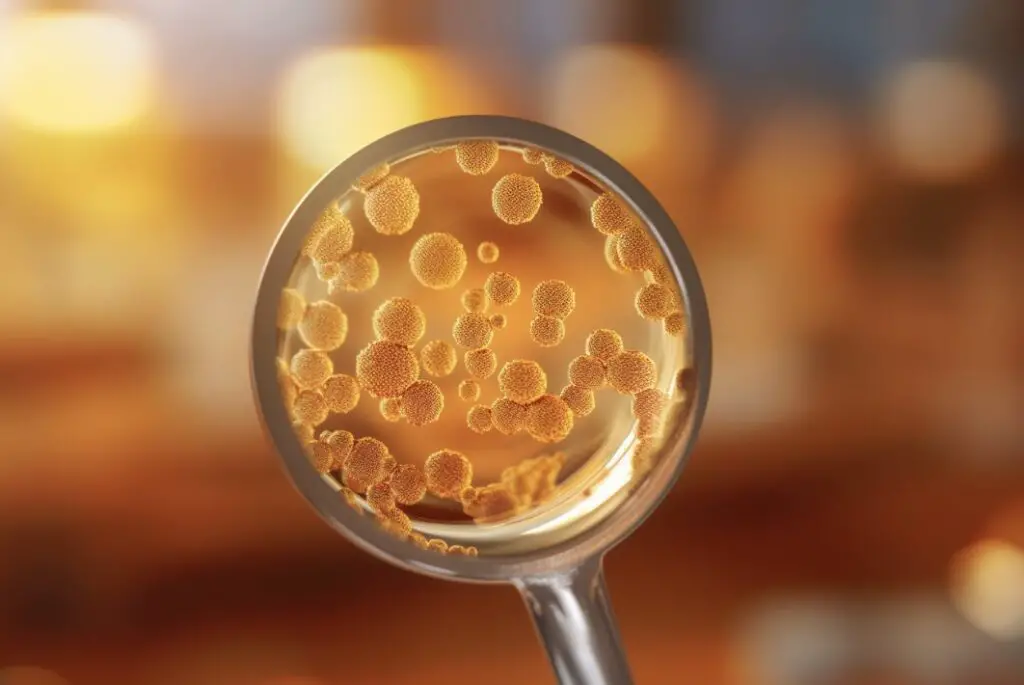
It’s worth noting that the sugar content in the initial ingredients (apples or grains) will impact the potential alcohol content of the final beverage.
Higher sugar content in the starting ingredients may lead to a higher alcohol content in the end product, depending on the fermentation process and yeast used. However, other factors like yeast strain, fermentation time, and brewing techniques also influence the final alcohol content in beer and cider.
What is Cider and What is Beer?
Before diving into the strength of cider and beer, it’s essential to understand what makes these beverages different.
Cider
Cider, also known as hard cider, is an alcoholic beverage made from the fermented juice of apples. Cider can range in alcohol content from 3% to 8.5% ABV (alcohol by volume).
There are various types of cider, including dry, sweet, and flavored ciders. The primary flavors of cider come from the apples used and the fermentation process.
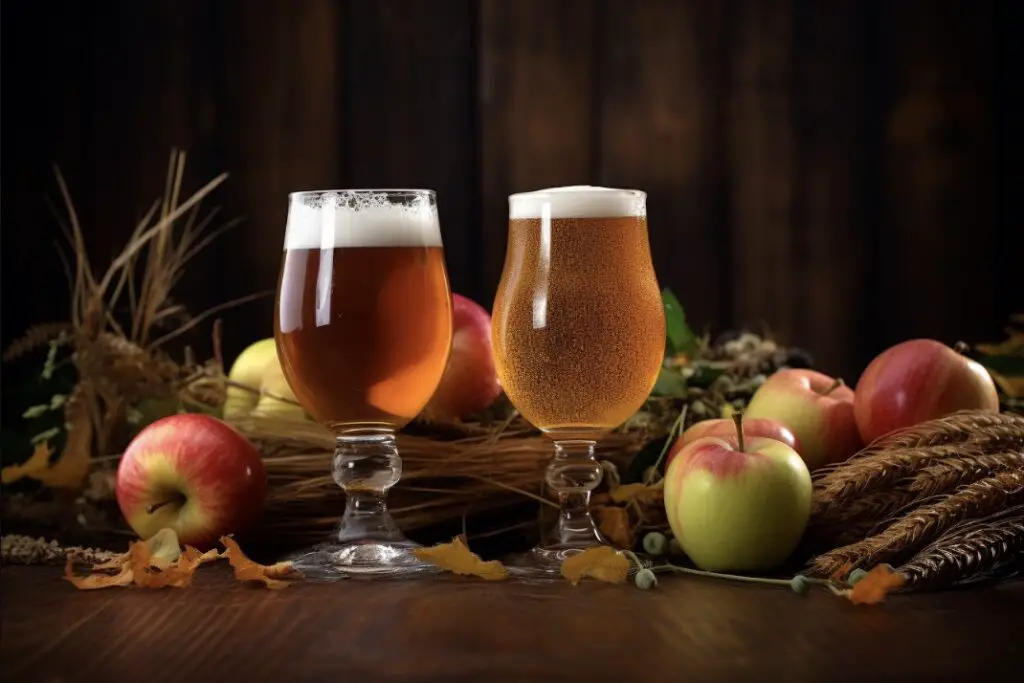
Beer
Beer is an alcoholic beverage made from the fermentation of malted barley and flavored with hops. The alcohol content in beer can range from 3% to over 10% ABV.
There are numerous styles of beer, including lagers, ales, stouts, and IPAs. The primary flavors in beer come from the malt and hops used, as well as the fermentation process.
Comparing Alcohol Content
One of the most significant factors in determining the strength of an alcoholic beverage is its alcohol content. When comparing cider and beer, the alcohol content can vary significantly between the two.
Cider Alcohol Content
Most ciders have an alcohol content of around 4-6% ABV. However, some ciders can reach up to 8.5% ABV. The alcohol content of cider depends on the apples used, the fermentation process, and any added sugar or flavors.
Beer Alcohol Content
The alcohol content of beer varies widely depending on the style of beer and the brewing process. Light beers can have an alcohol content as low as 3%, while strong beers like barleywines and imperial stouts can reach over 10% ABV.
When comparing the alcohol content of cider and beer, we can see that beer typically has a wider range of alcohol content.
However, on average, the alcohol content of cider and beer is quite similar, with both beverages typically falling between 4-6% ABV.
The Fermentation Process
The fermentation process is another factor that can affect the strength of cider and beer. The process of fermentation involves converting sugar into alcohol using yeast.
Cider Fermentation
Cider fermentation typically involves a slower, cooler process than beer fermentation. This slow fermentation allows for the development of complex flavors and aromas in the cider. However, this process can also result in a lower alcohol content compared to some beers.
Beer Fermentation
Beer fermentation generally occurs at a higher temperature and for a shorter duration than cider fermentation. This process can produce a higher alcohol content in some beers, especially when higher levels of malt and sugar are used.
Flavor and Taste Profile
The flavor and taste profile of a beverage can also contribute to the perception of its strength. Some people may perceive a drink with a more robust flavor as being stronger, even if the alcohol content is similar to or lower than another beverage.
Cider Flavor and Taste
Ciders tend to have a fruity, sweet flavor profile, primarily influenced by the apples used in production. Some ciders can have a dry, tart taste, while others may be sweeter with added sugar or flavors. The fruitiness of cider can sometimes lead to the perception that it is a lighter, less potent drink.
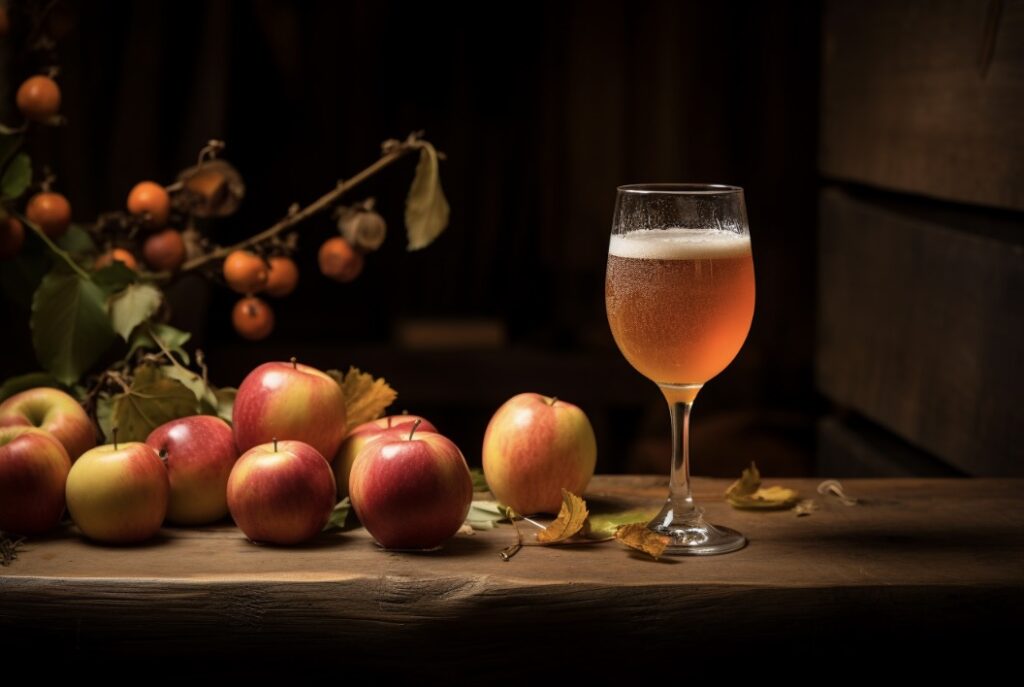
Beer Flavor and Taste
Beer typically has a more extensive range of flavors and taste profiles than cider, due to the variety of malts, hops, and yeast strains used in brewing. Some beers have a bitter, hoppy taste, while others may be sweeter and maltier. Darker beers like stouts and porters can have a more robust, roasted flavor profile, which can contribute to the perception of strength.
Personal Taste Preferences
Ultimately, the perceived strength of cider and beer will depend on individual taste preferences. Some people may prefer the fruity, sweet taste of cider and perceive it as a lighter, less potent drink. Others might enjoy the bitter, hoppy flavors of beer and consider it to be more robust and potent.
Conclusion
Is cider stronger than beer? The answer to this question depends on the specific cider and beer being compared and personal taste preferences.
Generally, the alcohol content of cider and beer is quite similar, with both beverages typically falling between 4-6% ABV. However, beer has a wider range of alcohol content, with some beers reaching over 10% ABV.
The flavor and taste profiles of cider and beer can also contribute to the perception of strength, with some people preferring the fruity, sweet taste of cider, while others enjoy the bitter, hoppy flavors of beer.
Here are 10 facts about cider and beer to help you decide which beverage is right for you:
1. Cider is made from fermented apple juice, while beer is made from fermented malted barley.
2. Cider typically has an alcohol content of 4-6% ABV, with some ciders reaching up to 8.5% ABV.
3. Beer has a wider range of alcohol content, with some light beers as low as 3% ABV and stronger beers over 10% ABV.
4. Cider fermentation usually involves a slower, cooler process than beer fermentation.
5. Beer fermentation typically occurs at higher temperatures and for a shorter duration than cider fermentation.
6. Cider has a fruity, sweet flavor profile, primarily influenced by the apples used in production.
7. Beer has a more extensive range of flavors and taste profiles due to the variety of malts, hops, and yeast strains used in brewing.
8. The perceived strength of cider and beer depends on individual taste preferences and the specific beverages being compared.
9. Both cider and beer can be enjoyed in various styles and flavors, making them suitable for a wide range of taste preferences.
10. When comparing the strength of cider and beer, it’s essential to consider alcohol content, fermentation process, and personal taste preferences.
FAQs
Does cider or beer get you more drunk?
Cider and beer have similar alcohol content, so they can both get you equally drunk if consumed in the same quantity and rate.
Are ciders stronger than beer?
It depends on the specific cider and beer being compared. Generally, ciders have a slightly higher alcohol content than beer, but there are many factors that can affect the strength of both beverages, such as the brewing process and ingredients used.
Is it better to drink beer or cider?
Both beer and cider have their own unique taste and nutritional values. It ultimately depends on personal preference and dietary requirements. Beer is typically made from malted barley and hops, while cider is made from fermented apples. Beer tends to have a higher alcohol content and more calories, while cider is often sweeter and lower in alcohol. It is recommended to drink either in moderation and to choose options with lower sugar and alcohol content.
What is the healthiest alcohol?
There is no such thing as a “healthy” alcohol. All alcoholic beverages contain calories and can have negative effects on the body, including liver damage, increased risk of cancer, and addiction. It is important to consume alcohol in moderation and to prioritize overall health through a balanced diet and exercise.
Does cider get you more drunk than beer?
Cider generally has a higher alcohol content than beer, so drinking the same amount of cider and beer would result in a higher blood alcohol concentration and potentially greater intoxication. However, individual factors such as body weight, metabolism, and tolerance also play a significant role in determining how drunk someone gets.
Is vodka or tequila healthier?
Neither vodka nor tequila can be considered “healthy” as they both contain alcohol, which has negative health effects when consumed in excess. However, if consumed in moderation, both drinks can be enjoyed as part of a balanced lifestyle.

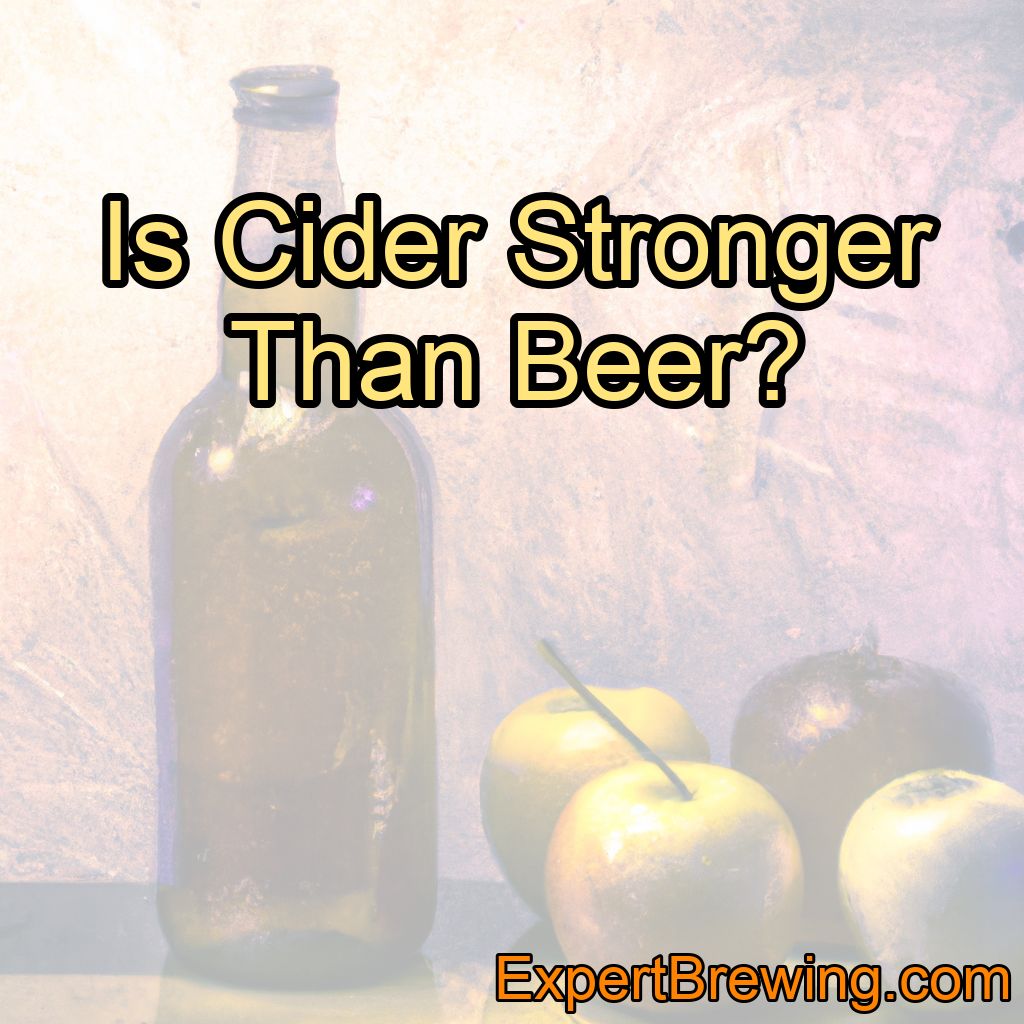

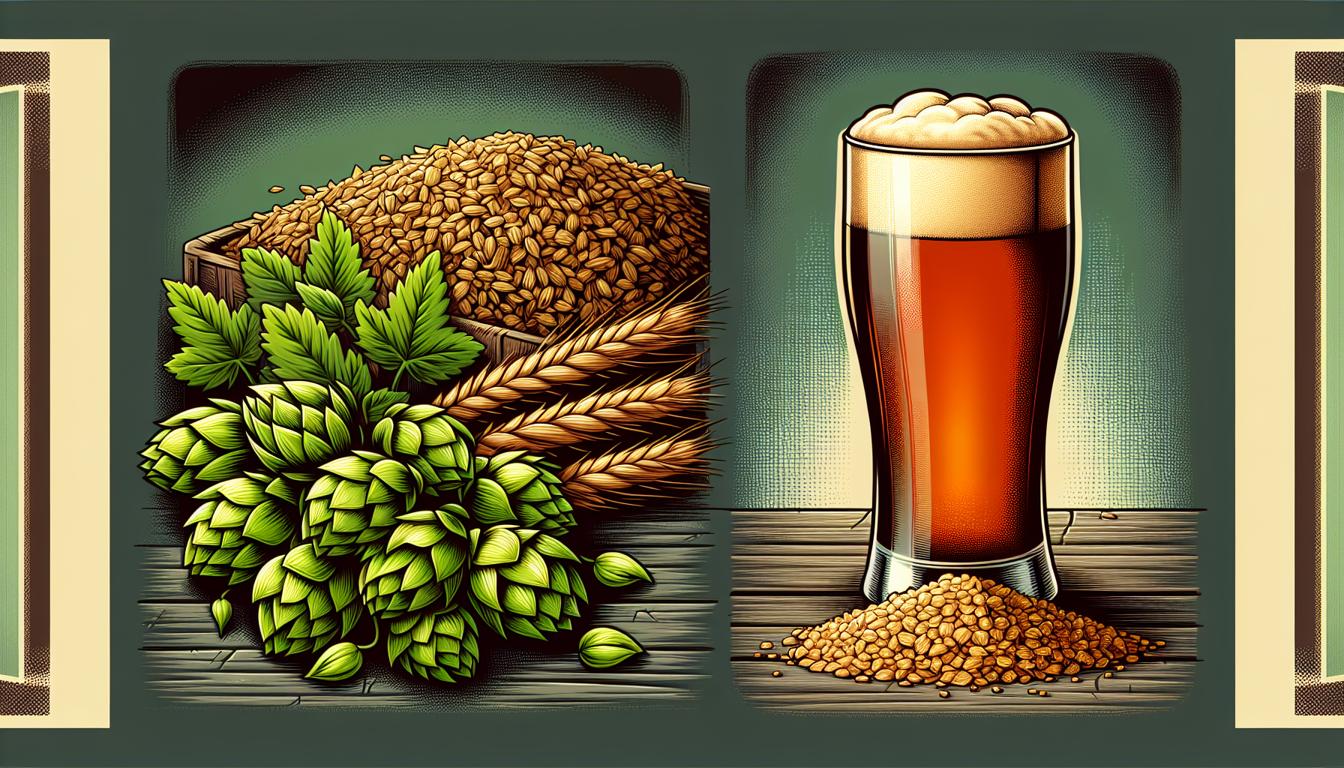
-recipe.jpg)